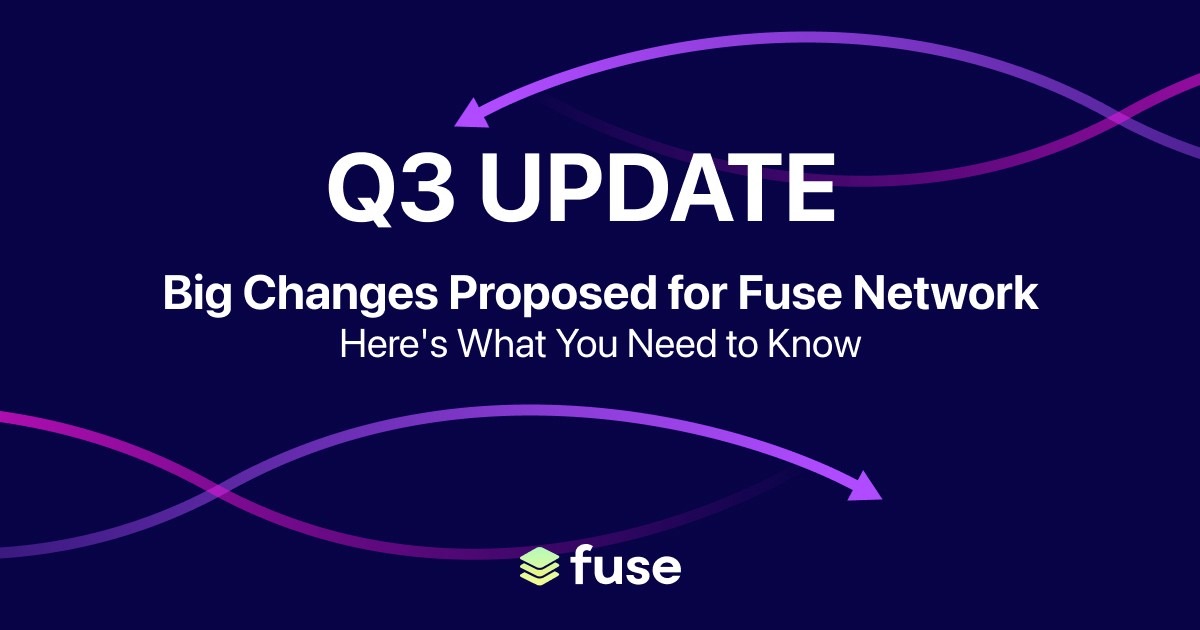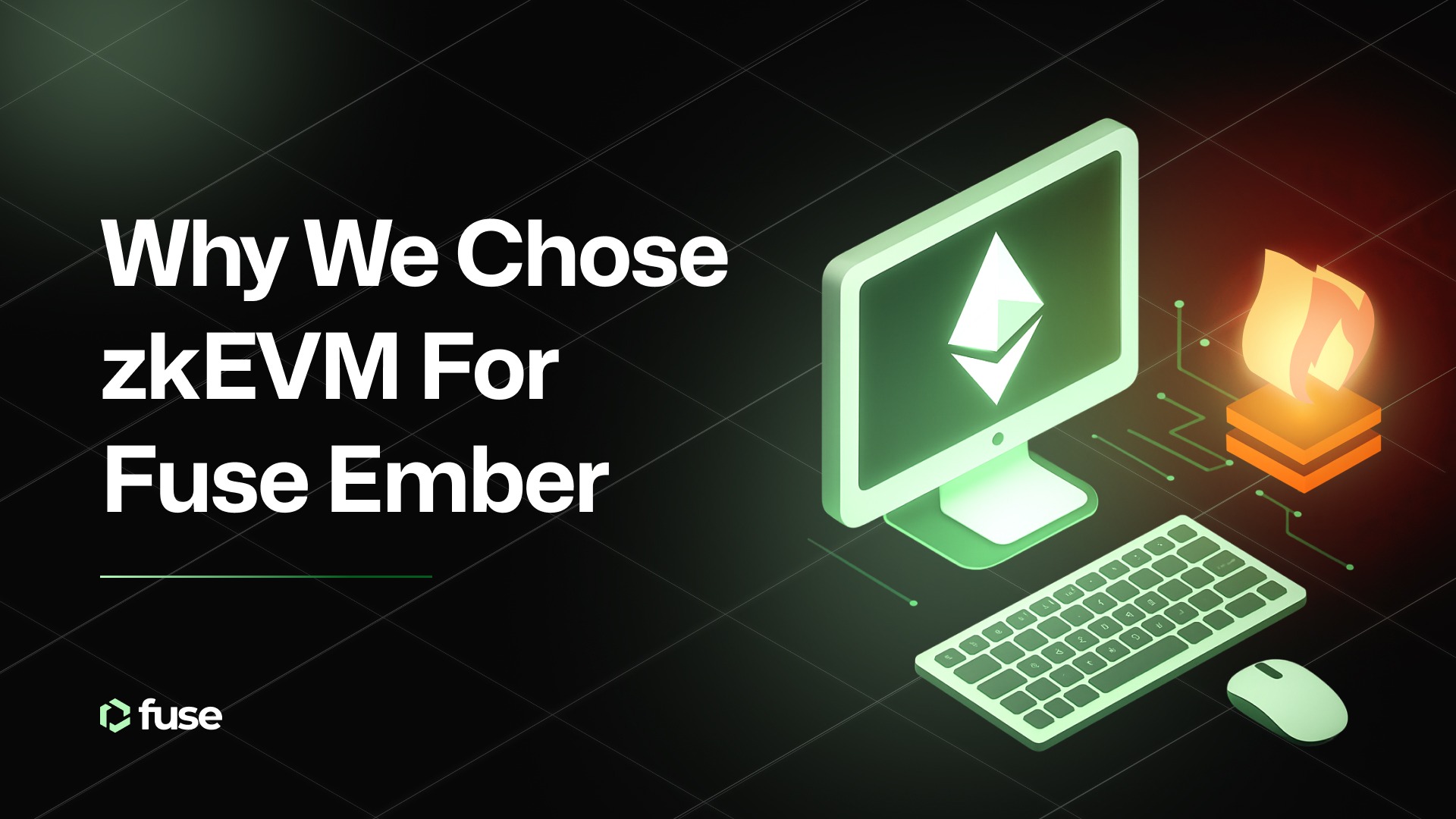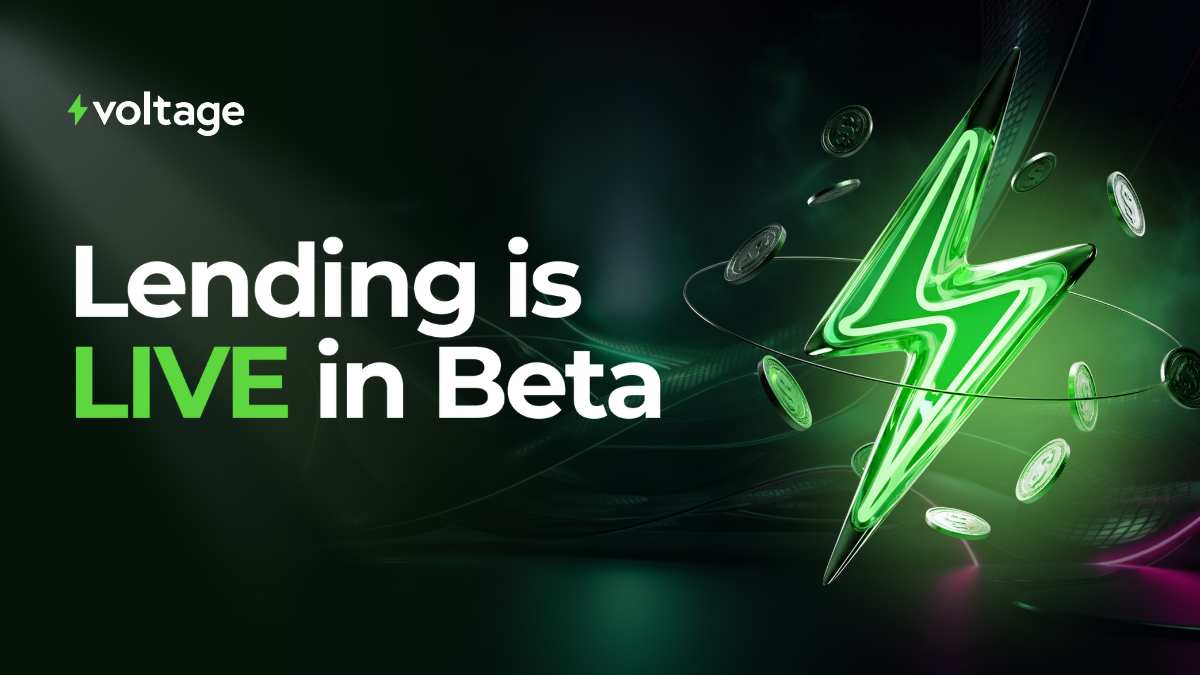If voting validators accept, Fuse Network will increase economic stability by rewarding long-term commitment from stakeholders. The proposed changes are also designed to bolster general network security and enhance performance for dapp developers.
This new round of proposed Q3 changes follows last November’s upgrade, which introduced 10 Fuse Improvement Proposals (FIPs) that optimized how the network processes transactions and stores data.
As a result of recent work from network contributors, four significant network enhancements are now proposed for rollout in Q3 2022, three of which will be in the form of FIPs to be voted upon by network validators.
Let us dive in on the details for each ????
FIP12: Double Fuse Network’s Block Gas Limit
Fuse Network is an Ethereum Virtual Machine (EVM)-compatible blockchain, hence its throughput is mainly determined by the block gas limit. Currently, it is set at 10 million.
Fuse Network has never experienced issues with transaction throughput, but its ability to process transactions is not infinite. To ensure long-term success, a public blockchain must have the flexibility to absorb a rapid increase in usage.
FIP12 would double the network capacity for transaction throughput.
More details can be found in the forum proposal where our community is encouraged to take part in the conversation.
FIP 13. Gas Price Increase from 1 to 10 Gwei
Users wishing to execute transactions on Fuse Network must pay network validators fees. The fees are paid in the network’s native Fuse Token and depend on the computational complexity of a particular transaction. The most straightforward transaction of FUSE from one account to another will need a minimum of 21,000 gas. Smart contract transactions require considerably more gas.
Currently, the minimum gas price is set at one gwei for a native token (FUSE) transfer, with fees for other transaction types set proportionally to the amount of gas they consume.
FIP13 suggests that a one gwei minimum fee is so small that the cost of potentially spamming Fuse Network is unacceptably low. Therefore, it is proposed to increase gas fees by a factor of ten to mitigate the network against possible spamming attacks while preserving the attractiveness of low-cost transactions on the platform.
More details can be found in the forum proposal where our community is encouraged to take part in the conversation.
FIP 10. 48-Hour Staking Unbounding Period
If FIP10 is adopted, delegates that stake FUSE with network validators will be required to wait for 48-hours before being able to withdraw their funds after unstaking.
A key proposed benefit of a mandatory unbounding period is increasing economic stability by incentivizing delegated stakers that possess a long-term orientation towards their participation in the network.
Look out for a forum proposal on this shortly which will allow community members to discuss. A GitHub contribution on the subject has been posted.
Transition to Nethermind
Fuse Network’s full nodes currently run on top of the OpenEthereum client, which will no longer be maintained moving forward. Therefore, switching to a well-maintained, stable, and reliable Ethereum client is required.
Nethermind is a cross-platform Ethereum implementation written in C# and using the.NET framework. It is compatible with all major platforms, including ARM. It offers excellent performance with:
- an optimized virtual machine
- state access
- networking and rich features like Prometheus/Grafana dashboards, seq enterprise logging support, JSON RPC tracing, and analytics plugins.
Nethermind provides in-depth documentation, strong developer support, an active online community, and round-the-clock support for premium users.
Implementation details
The network improvements contained in FIP12, 13, and 10 will be subject to Snapshot votes by the validators.
The Snapshot vote start dates for these FIPs are as follows:
- FIP 12: Double Fuse Network’s Block Gas Limit on July 24, 2022.
- FIP 13: Gas price increase from 1–10 Gwei on July 31, 2022.
- FIP10: 48-Hour Staking Unbounding Period on August 6, 2022. (FIP10 will also be subject to a network consensus-based vote in early September if it passes the Snapshot vote).
The reason is simply for those wondering why only snapshot votes are being used for FIPs 12 and 13. These changes do not require network consensus-based ballots to be confirmed before implementation is possible. We, therefore, decided to go with the less time-consuming, more user-friendly approach of using Snapshot.
The Nethermind migration is already being tested on the Spark testnet, and the testing is expected to continue until Monday, August 11. The client software update will become available on that date, and Fuse Network node operators will have three weeks to implement it on their nodes.
Please stay tuned for further announcements as the FIPs mentioned here are put on Snapshot votes, and the Nethermind transition comes close to implementation.
For information or direct support, please contact network@fuse.io. Community members, ecosystem partners, validators, and other stakeholders are encouraged to interact and hear their voices on forum.fuse.io.
.svg)
.svg)











